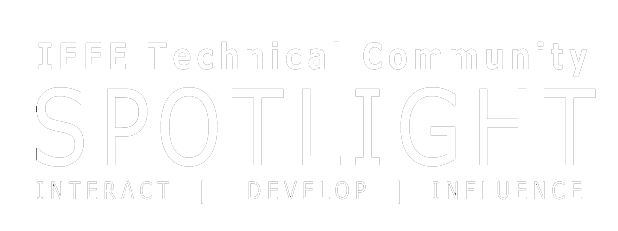The Future is Collaborative

Discover IEEE’s six strategic goals over the next five years and how IEEE Technical Activities is approaching each goal to strengthen systems and collaboration.
IEEE Computer Society Looks Ahead with Top Technology Trends of 2025

Each year, IEEE Computer Society experts predict which emerging technologies are likely to transform industries and shape our world. For the past 15 years, these predictions have been instrumental in highlighting the innovations we should watch for.
Wireless Power Technologies: A New Era for Flexible, Clean, Secure Energy Delivery
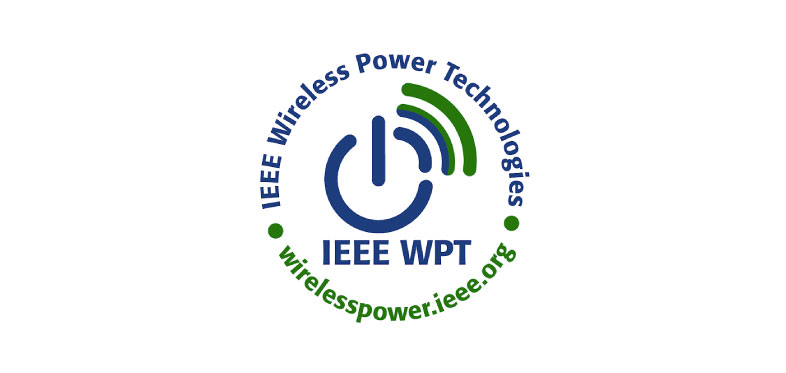
At a time when models for producing and delivering energy must adapt to increasingly diverse needs, a team of dedicated volunteers around the globe created a vibrant community to stand up to the challenge.
IEEE 5G/6G Innovation Testbed Implements Open-RAN Functionality for Users
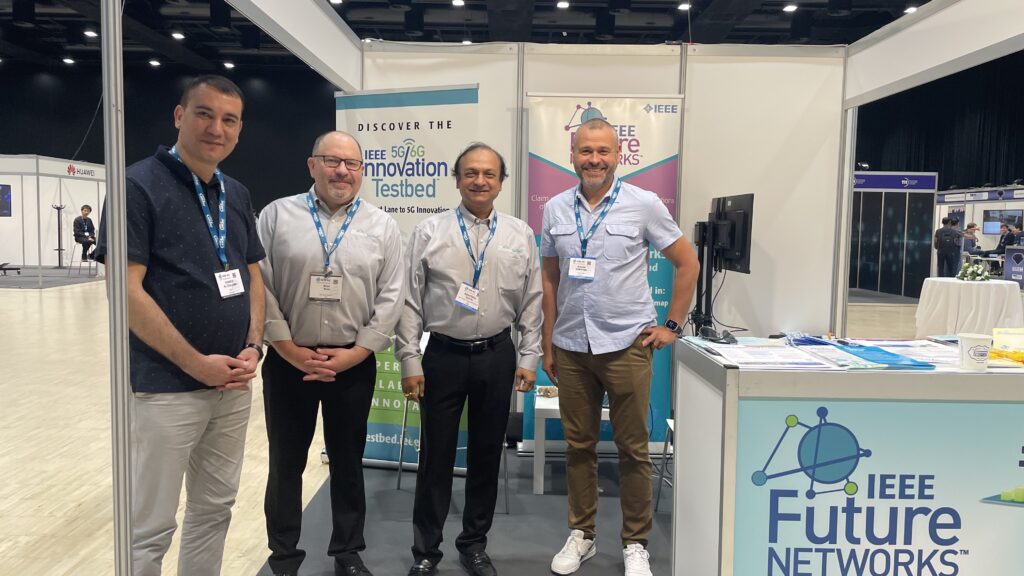
It’s no secret that the telcom industry is plagued by vendor lock. Discover how Open-RAN is changing the dynamic.
Accelerating the Path: IEEE Entrepreneurship Launches Its First Venture Summit to Fuel Hard Tech Innovation

IEEE Entrepreneurship is tackling a big issue with many entrepreneurship events that take place globally – trying to be all things to all people.
Andrea Goldsmith Honored with the Dresselhaus Medal
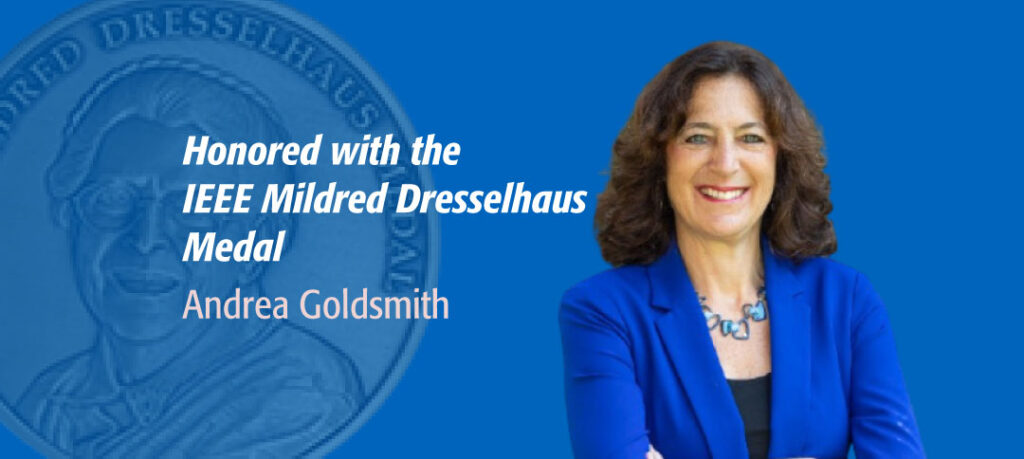
Discover Andrea Goldsmith’s contributions to empower whole communities of researchers.
Bruno Meyer Honored with the IEEE Richard M. Emberson Award
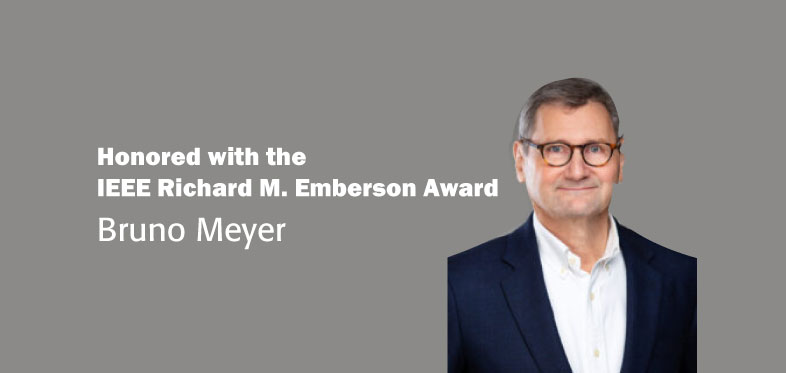
Honored for his role in advancing IEEE’s efforts in climate change mitigation and adaptation, discover how he established a Climate Change Program at IEEE.
25 Years of Championing Innovation and Community with the IEEE Council on Superconductivity
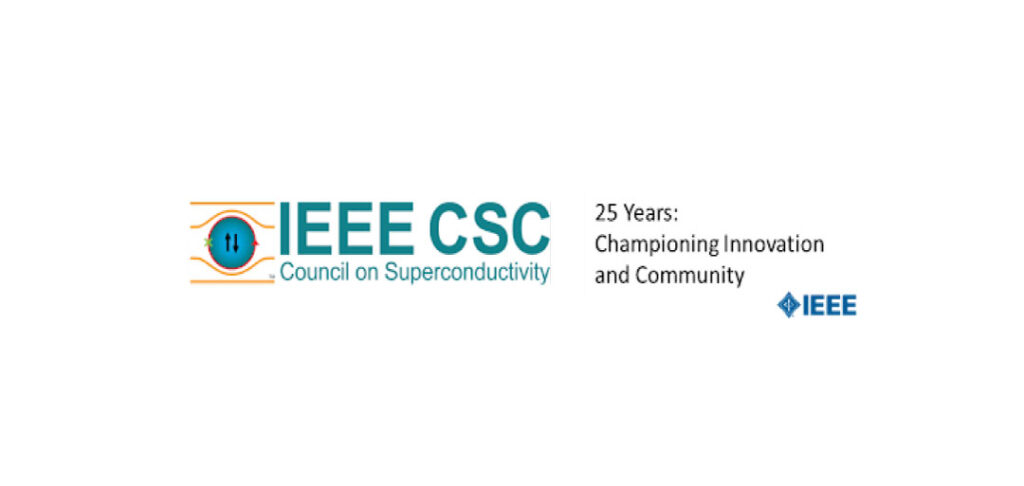
The IEEE Council on Superconductivity (IEEE-CSC) is proud to celebrate its 25th Anniversary in 2025, crowning two and a half decades of cutting-edge innovation, community building through education, international cooperation, while fostering our future through Young Professionals.
IEEE Council on Superconductivity: 25 Years of Championing Innovation and Community
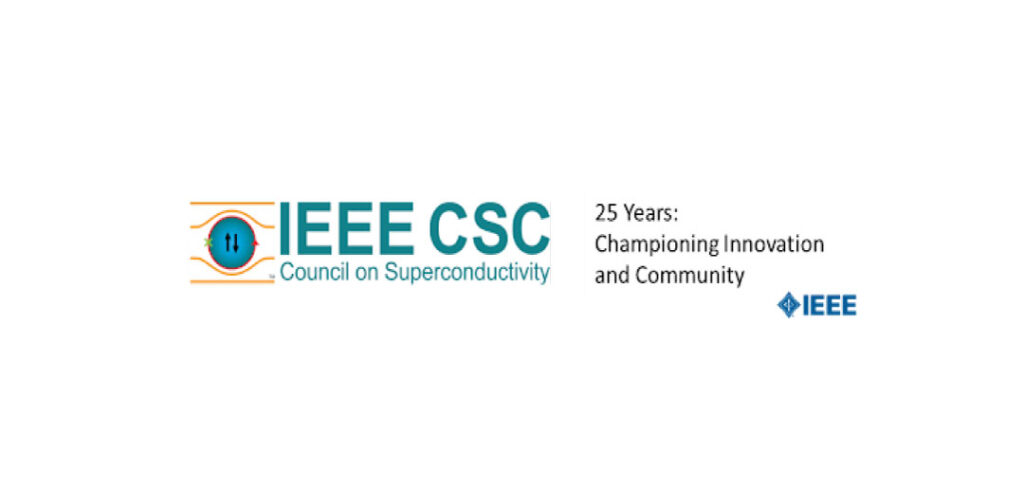
The IEEE Council on Superconductivity (IEEE-CSC) is proud to celebrate its 25th Anniversary in 2025, crowning two and a half decades of cutting-edge innovation, community building through education, international cooperation, while fostering our future through Young Professionals.
